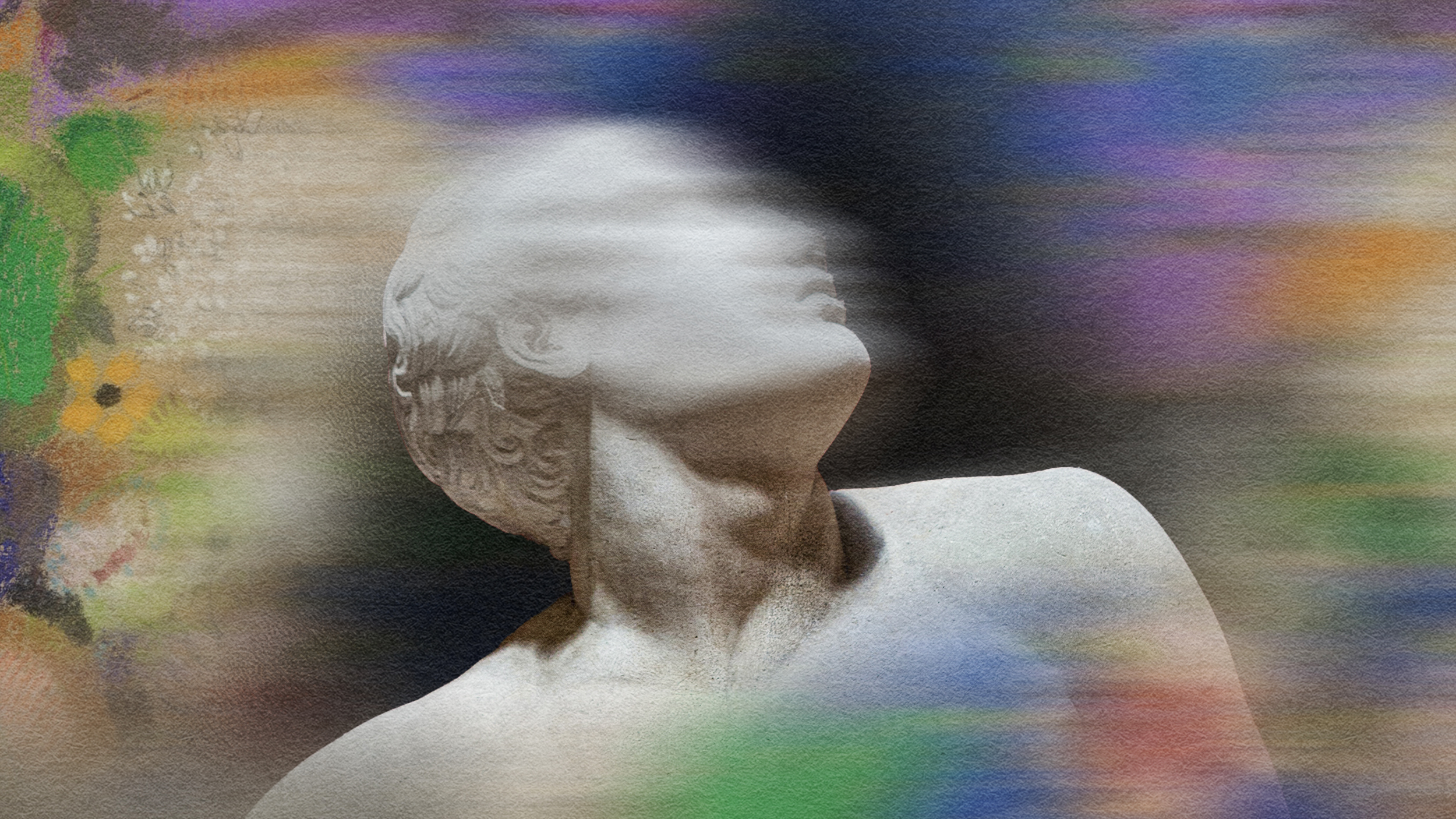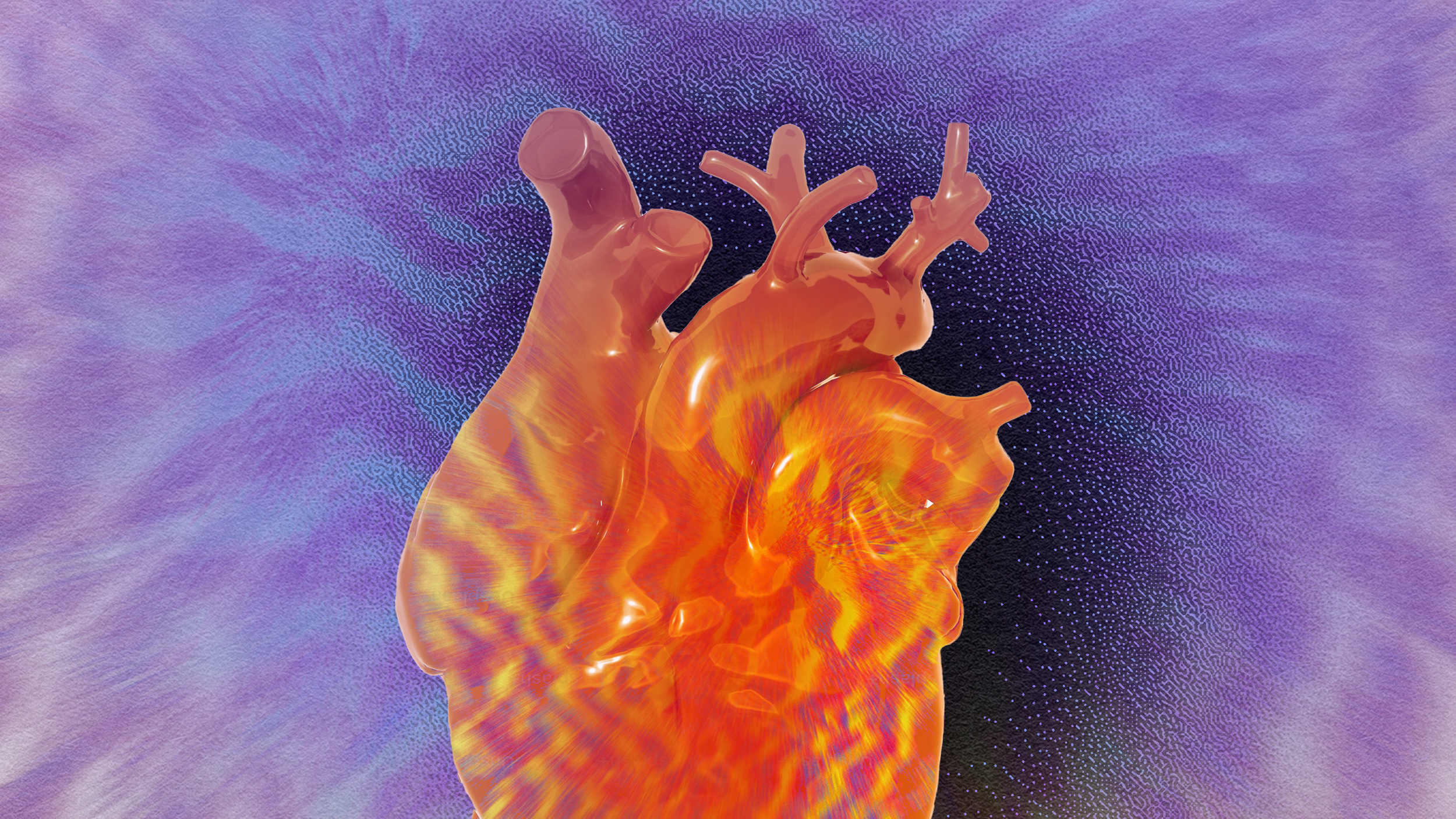The Subjectivity of Consciousness and the Illusion of Self, with Dr. Sam Harris

Neuroscientist and author Sam Harris, whose new book Waking Up: A Guide to Sprirituality Without Religion was the #1 Science and Mathematics Best Seller on Amazon, defines consciousness as “an experiential internal qualitative dimension to any physical system.” Put more simply, consciousness is what it’s like and how it feels to be you.
Thus, consciousness exists in a realm of irreducible subjectivity with which science isn’t always comfortable. That’s because scientists strive to simplify visible subjects into information. It’s a “seeing is believing” sort of approach that butts up against the fact that consciousness is not a visible entity. Half of reality, says Harris, is qualitative experiential. The assumption that the entirety of reality can be seen and quantified is a facile one. Harris explains:
“So when you’re trying to study human consciousness, for instance, by looking at states of the brain, all you can do is correlate experiential changes with changes in brain states. But no matter how tight these correlations become that never gives you license to throw out the first person experiential side. That would be analogous to saying that if you just flipped a coin long enough you would realize it had only one side.”
As an example, Harris points to the third-person “objective measures” for fear and anxiety: sweaty palms, increased blood cortisol, and responses in the brain. It’s important to remember that the validity of these measures depends entirely on first-person reporting:
“If half the people came into the lab tomorrow and said they were feeling fear and showed none of these signs and they said they were completely calm when their cortisol spiked and when their palms started to sweat, these objective measures would no longer be reliable measures of fear. So the cash value of a change in physiology is still a change in the first person conscious side of things. And we’re inevitably going to rely on people’s subjective reports to understand whether our correlations are accurate.”
This is one of many reasons why Harris believes you can’t have a reasonable scientific discussion of consciousness if you’re going to ignore qualitative internal experiential language. There’s so much more to consciousness than the tangible. It’s not something you can simply graph on a spreadsheet.
At the same time, it’s important to note (and he makes sure to address this point) that Harris’ argument isn’t a metaphysical one. He doesn’t think consciousness is beyond science or believe that the mind exists free of the body. In fact, Harris scoffs at the idea. The self, he says, is an illusion:
“The sense of being an ego, an I, a thinker of thoughts in addition to the thoughts. An experiencer in addition to the experience. The sense that we all have of riding around inside our heads as a kind of a passenger in the vehicle of the body…. Now that sense of being a subject, a locus of consciousness inside the head is an illusion. It makes no neuro-anatomical sense. There’s no place in the brain for your ego to be hiding.”
Everything you experience — thoughts, moods, impulses, behavior — all manifest themselves within the brain. They are the results of myriad neural processes. Harris explains that what we perceive as self, an unchanging constant experiencer, is really an ever-changing system constructed within the brain.
Therefore self-transcendence, when a person feels as if they’ve exited the “self,” is a real experience that brings you closer to the factual realities of the world. Harris explains that religion attempts to turn self-transcendence into something mystical or dogmatic, when really it’s an experience of realization. One could potentially call it rational spirituality:
“[It entitles] you to talk about the nature of human consciousness and it just so happens that this experience of self-transcendence does link up with what we know about the mind through neuroscience to form a plausible connection between science and classic mysticism, classic spirituality. Because if you lose your sense of a unitary self – if you lose your sense that there’s a permanent unchanging center to consciousness, your experience of the world actually becomes more faithful to the facts.”
For more on consciousness and the illusion of self, watch the following clip from Sam Harris’ Big Think interview:
--





